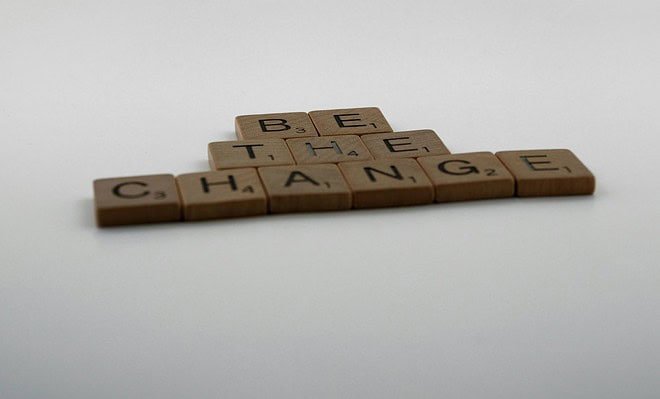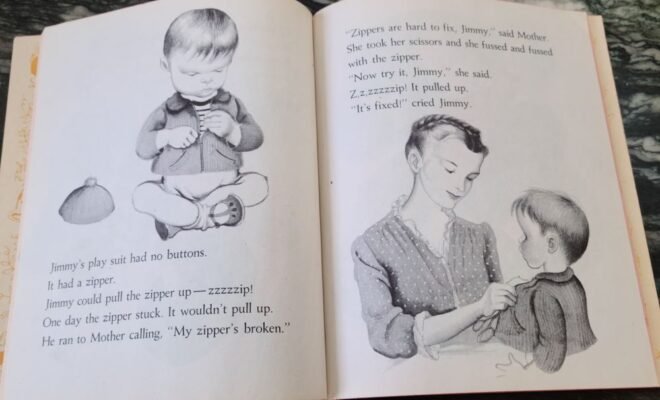Not Privileged

It was early in my career, having only been released to solo patrol maybe a month prior. The primary sergeant on my squad instructed sections of my academy courses, and he remembered me the minute I stepped into my first assembly at 6 a.m. Even sporting a severe haircut. That was my first sign that he paid attention to his officers. I learned fast he did his best to take care of his people and encouraged them to do the best work they were capable of. He was a “you catch it, you clean it” type of patrol sergeant.
A few sergeants have made an impact on me and my career so far. They are supervisors I point to as helping to shape me as an officer. He was the first one to make such an impact on me.
He took the time to get to know me at the end of our shift one day. At 6 p.m., after 12 hours of going call to call, all I wanted was to submit my last report, dock my body camera, go home, and rest, but he brought me into a conversation. It was easier to have than I thought it would be. He asked where I was from. I was surprised that he not only knew where my hometown in California was, but he was also familiar with the area I had moved from in Maryland. No one I had talked to since moving to North Carolina knew either, and it had been a little disheartening.
This sergeant asked what inspired this career change and what I hoped to find in it. I was honest, as I had been throughout my academy training, and told him I wanted to be a public information officer because of my training and education prior to law enforcement. I have a bachelor’s degree in English and a master’s degree in Communication, where I focused my thesis on crisis communication and planning, and I had been an intern for a Public Information Officer of a state fire agency when I was in college. When I finished, it felt like I had completely over-hyped my experience and qualifications, so I did something I do far too often: I diminished myself. I mentioned how I believed I could be a good officer, even though I was privileged. Some of my peers had implied that growing up middle-class and earning two degrees before 25 meant I couldn’t relate to the community I would be serving. That’s when he stopped me.
“You are not privileged,” he told me with a small smile. “Your parents made choices, and those choices affected you. That doesn’t make you a bad officer.”
I couldn’t help but pause and stutter. In that moment, something in me exploded, like it was letting out a huge sigh of relief. It made me feel like someone here finally understood and believed in me.
That comment put my career into perspective and helped to highlight what I was working for every day. It intensified my belief that everyone has a right to safety in their home and their community. In every call, every interaction, I had the potential to shift someone’s perspective and inspire them to make better choices.
I revisit that conversation frequently. It is the first critique I can point to that helped to shape how I function in this career.
Even now, that sergeant encourages me to make my career my own and take what I will from it.
We all make choices in our lives, and every choice has a consequence. The decisions you make will affect you, one way or another, down the road. They also have the potential to affect others, whether a stranger or your own child.
Just because you were raised different from someone else does not mean you are any more or less equipped to handle situations. It means you are equipped differently. And different is good.










